Running Addict is a passionate runner whose philosophy is "train seriously, without taking yourself seriously". On his blog, running addict shares all sorts of tips on running and even offers a training plan for a marathon! We had the chance to ask him some questions about good habits to adopt after a marathon. If this interests you, read this article!

Näak: What are your tips on nutrition right after a marathon?
Running addict: The problem with a marathon is the same as with any big training session; you have to know how to eat properly. However, nutritionis even more important when you participate in a marathon, because you will empty almost all your reserves. Suddenly, you find yourself in a state where your body is in distress and you must supply it as quickly as possible with what it needs to begin recovery.
The problem with a marathon is that right after the race, people often have a period of time where their body refuses any nutrition because they are so tired that they don't desire anything. Ideally, you should try to eat something within 30 minutes after the race, but not necessarily at the finish line. It is important to try to eat before the metabolic window closes, which happens around 30 minutes after the end of the race. In addition, you must try to have a good carbohydrate intake with a ratio of 3-4g of carbohydrates for 1g of protein. This 3: 1 or 4: 1 ratio will provide the body will the nutrients it needs to begin recovery, and the sooner the body receives these nutrients, the faster it will start its recovery.
Näak: What are your tips on nutrition later in the day after a marathon?
Running addict:As I just mentioned, once you finish the marathon, you have to try and eat something within 30 minutes. Then, in general, between 1 and 3 hours after the race, your hunger will kick-in and you can consume a "classic" meal. Ideally, this meal will be balanced, meaning it will contain carbohydrates, lipids and protein.
There are many people who, after a marathon, will allow themselves junk food as a reward. I'm not saying it is forbidden, because the mental and psychological aspect of the marathon are so strong that it is good to reward yourself. However, when you do this, you must be wary and respect a certain limit. Avoid eating 3 burgers, 4 portions of fries and 4 beers, as this is destructive for your digestion and your body in general. Instead, choose a first meal that is healthy and balanced and allow yourself to eat junk food a little later. This is a better strategy because you will nourish your body appropriately and this will allow you to recover from your marathon a little faster.
In addition, when I say that you have to eat healthy, it does not prevent you from having fun. For example, you can make a big smoothiewith fruits and green vegetables, which will be very sweet, healthy, and good for recovery at the same time. So, you can combine pleasure and recovery!
Näak: What are your tips on hydration after a marathon?
Running addict:Hydration is as important as nutrition, because the nutrients you supply to your body will only be used appropriately if you are adequately hydrated. The goal is not to drink a liter of water in one go after your race because your body cannot assimilate it that rapidly. Instead, you should try to keep a bottle of water with you at all times and drink regularly.
If you can have a drink that is not just water, but that includes electrolytes to help you maintain your water levels as you hydrate yourself. Both water and nutrients such as sodium, magnesium and potassium are lost during your race, all of which are important to stay hydrated.
Näak: Can drinking too much water after a marathon be dangerous?
Running addict:If you drink too much water it can disturb the balance in your body. If you drink water without electrolytes, you will dilute the remaining electrolytes in your system, which will disrupt your body rather than help it. So, try to take a drink that is not just water for optimal recovery.
Näak: Do you have a post-marathon ritual?
Running addict:What I do pretty quickly after a big race like a marathon is put on my compression stockings on my calves. I keep them in my arrival bag as they do not take a lot of space and help me activate my blood flow. I will not do anything more than that because, either way, the problem with a race as long as a marathon is that my muscle tissue will be broken and there isn't much I can do about that. The only thing I can do to help with muscle recovery is rest, increase my blood circulation, and do a very gentle activity like a slow walk.
Näak: After a marathon, do you have to stay active or rest?
Running addict:I am one of those who think that total rest is really important after the marathon. As I said, you can go on a slow, very gentle walk, which will not stress your muscles. Ideally you should not go up the stairs, because there is nothing worse to further break your muscle, which is already in a very weak state. So, try to walk a little bit on flat ground, and then opt for total rest. This is the most effective method to recover after a physical effort as extreme as running a marathon.
Näak: After a marathon, when should you start running again?
Running addict:The rule that I apply for myself and that works pretty well is a rule of three weeks. The first week is a week of total inactivity. When I say total inactivity I mean that I carry on with my daily activities, but very gently. The second week I include cycling or swimming to my routine, but when I do so I seek slow endurance, nothing more... It's just to put a little physical activity back into my daily life. The third week I gradually start to run again.
This rule is much more common amongst elite runners than amateur marathoners. Amateur marathon runners will often make the mistake of starting to run too quickly because they think "everything is good, I'm not hurting anymore so it means I've recovered", but post-marathon recovery is much longer than what our pains can show us. It's not only the muscles that are suffering, there are the tendons and the joints which need rest too in order for you to be able to go back to running in a good physical state. Elites usually take two weeks off after a marathon. Don't think that they run all year round.... They train a lot, run the marathon, and then take time off. Ideally, we should do the same thing.
Näak: What do you think is the biggest mistake you can make after a marathon that could affect the recovery process?
Running addict:I think that the biggest mistake is to start running too soon. A lot of people start running again because they think "I was in great shape before the marathon and I want to keep this level". Maybe at first it will work because you will manage to train despite the fatigue. However, you are at higher risk of injury or of getting even more fatigued. Hence, it is better to take the time to recover and accept that you will lose your performance level a little bit. In the end, it does not matter, because if you recover properly before starting to train again, you will be back to your initial level in no time. To sum it up, you must not be in a hurry when it comes to running, it is a sport where patience is an important quality!
Näak: What recovery tips would you give to athletes who are about to participate in a marathon for the first time?
Running addict:My main advice for neo-marathoners is to avoid putting pressure on your performance. A marathon is an event that is special because you will reach certain limits that can really hurt when they are exceeded. It is not like running 10kms or a half marathon; during a marathon you run the chance to hit the "marathon wall". If you go beyond your limits, you will pay dearly and given that you do not know your limit and you have never lived it, you do not know where it is, and for some individuals this limit comes before the first 30kms. When you have 12-13kms to do in total distress it can be a very unpleasant experience, so I advise people to go slowly in the first section of the marathon and if they feel good in the last part they can speed it up a bit. Essentially, you have to learn to discover your limits!
Discover Näak Energy Bars to help you in your recovery!
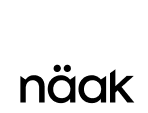
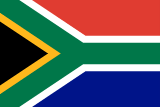
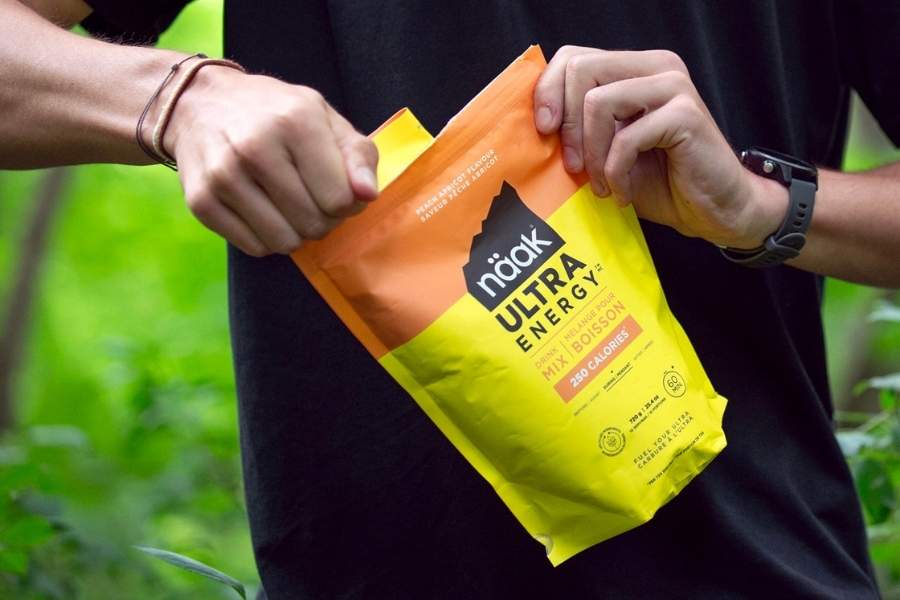

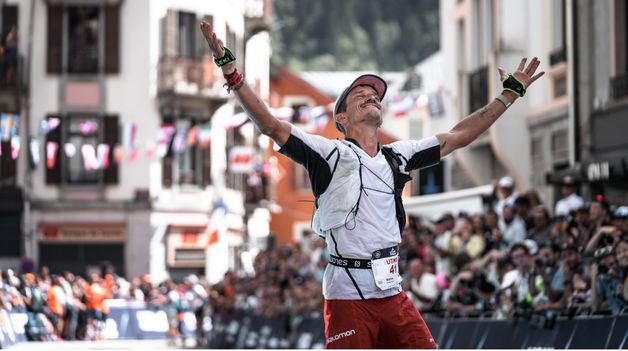



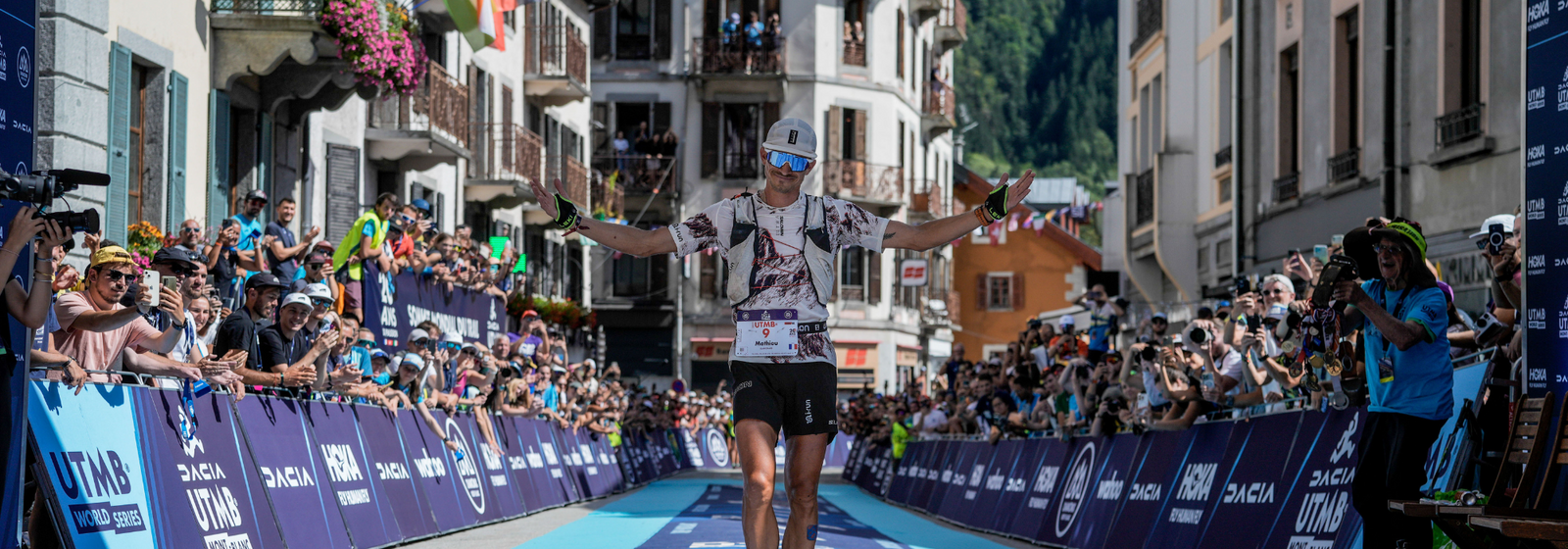

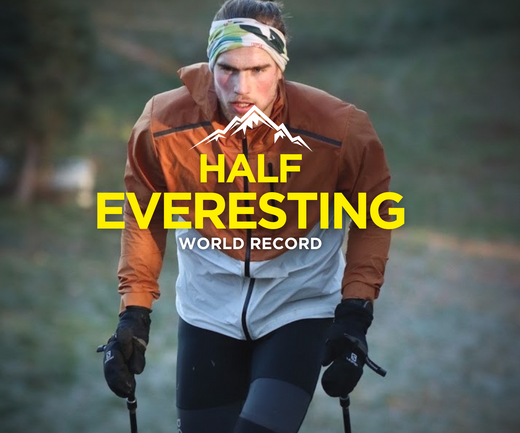


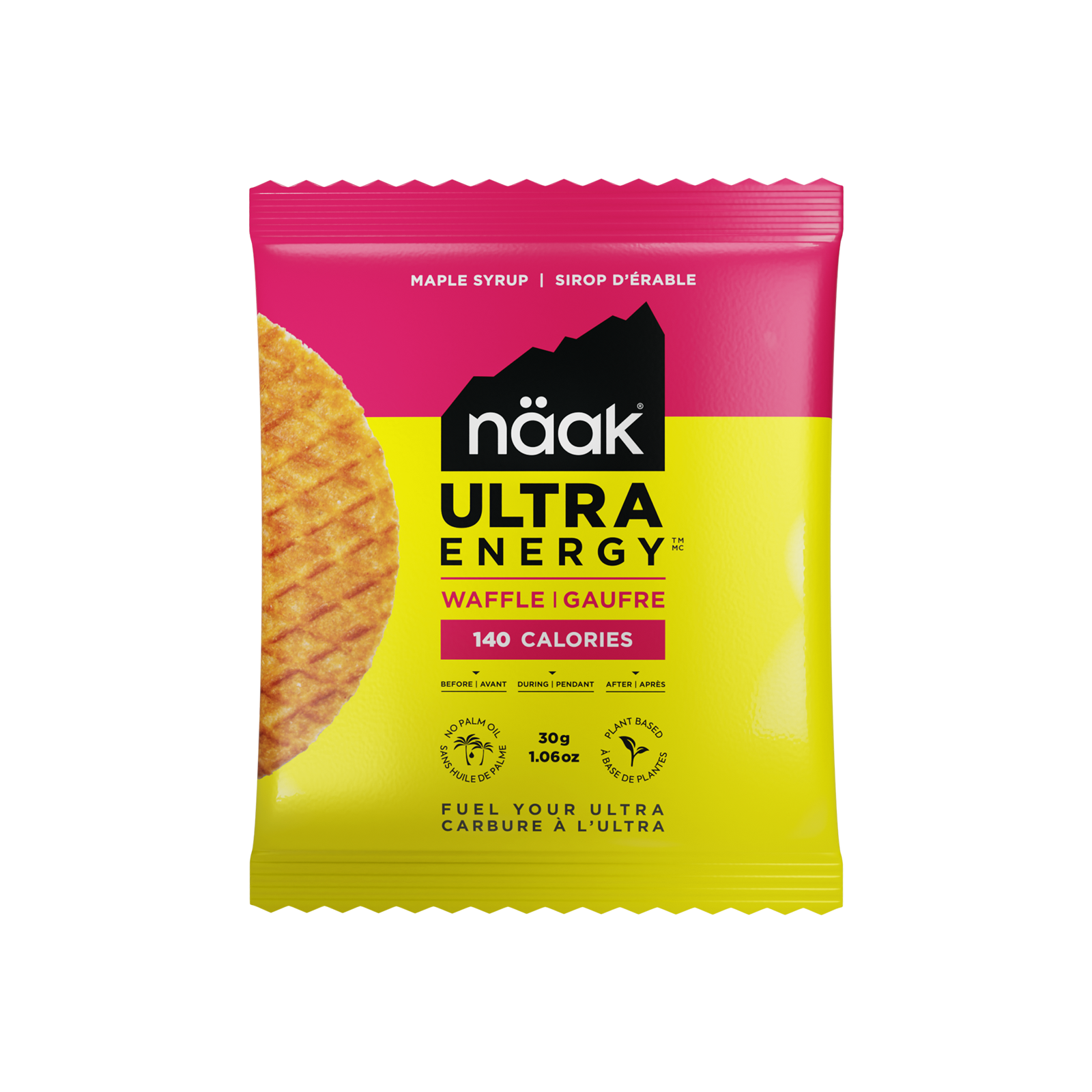
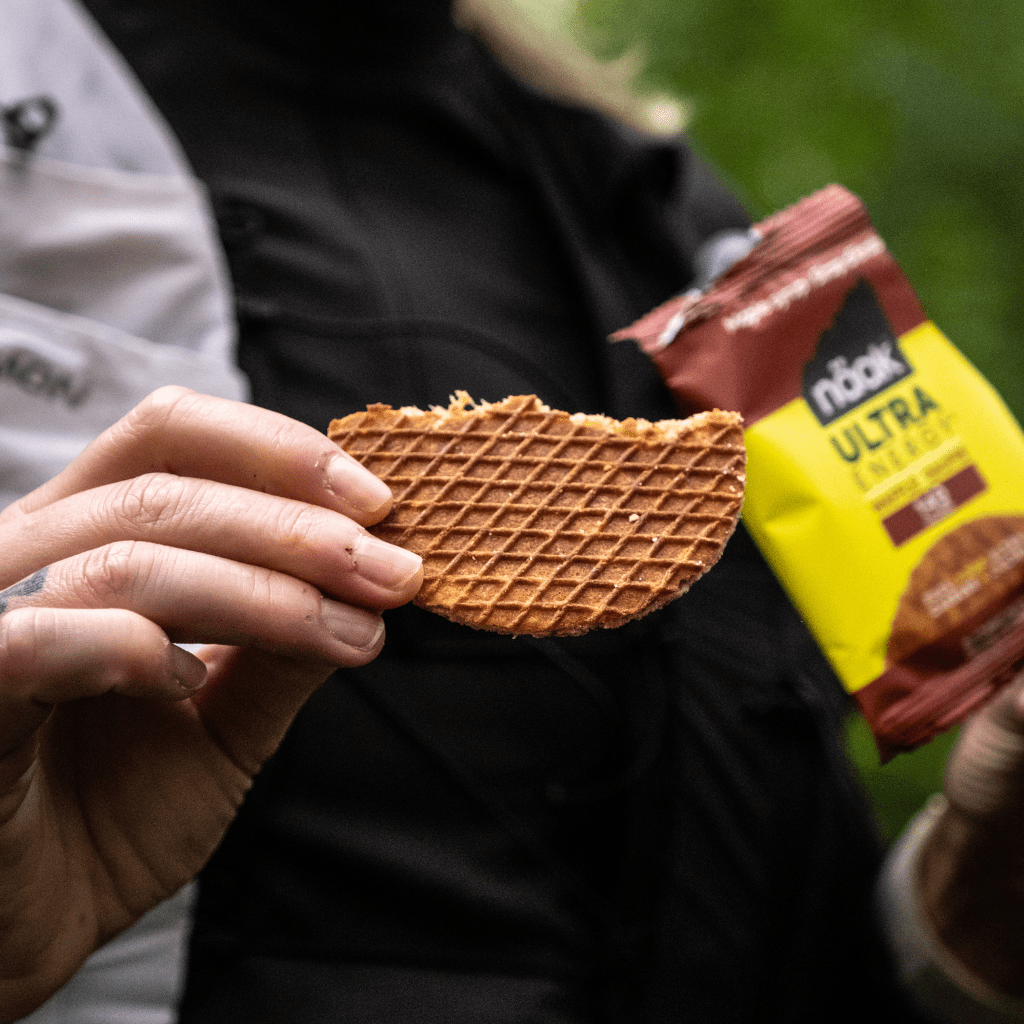
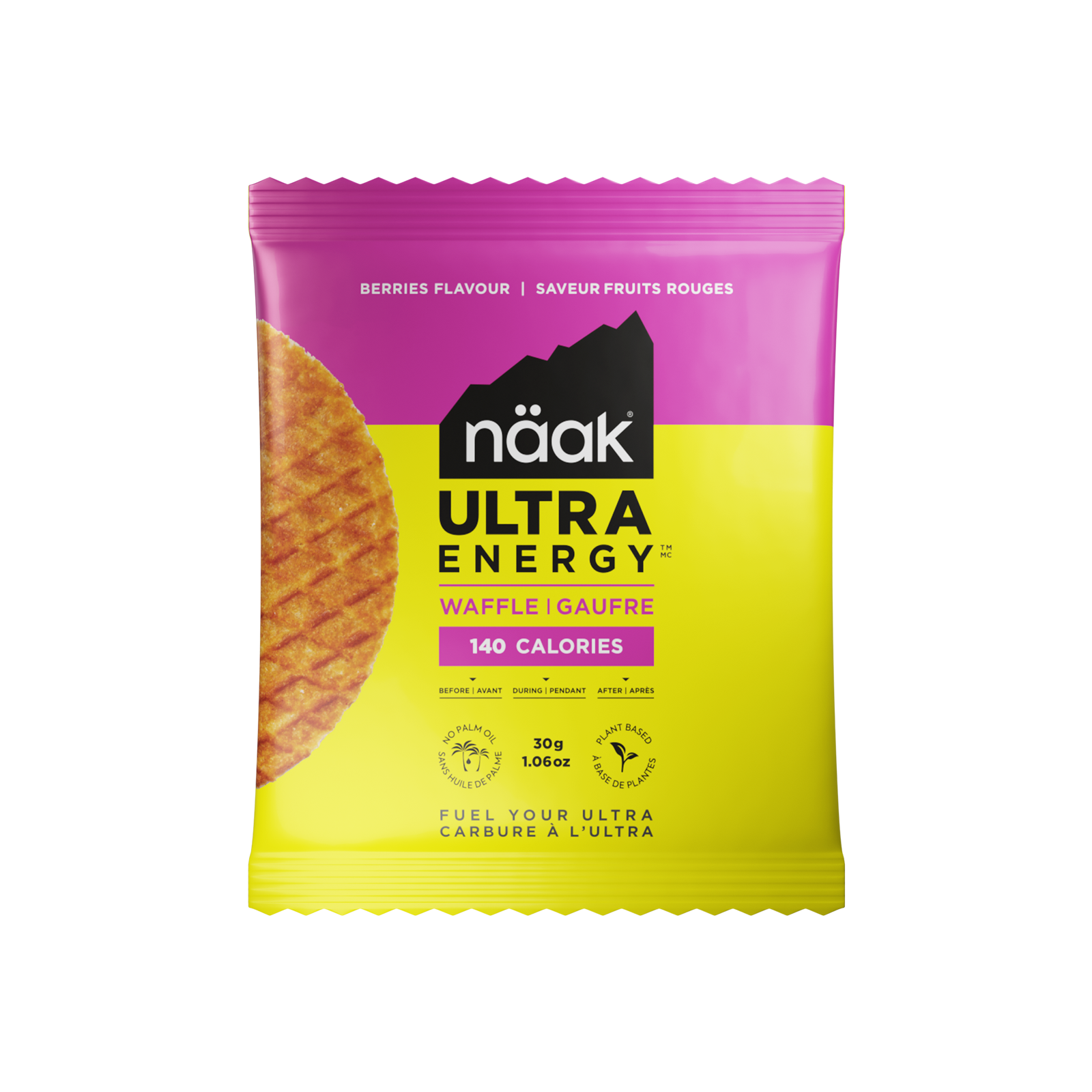


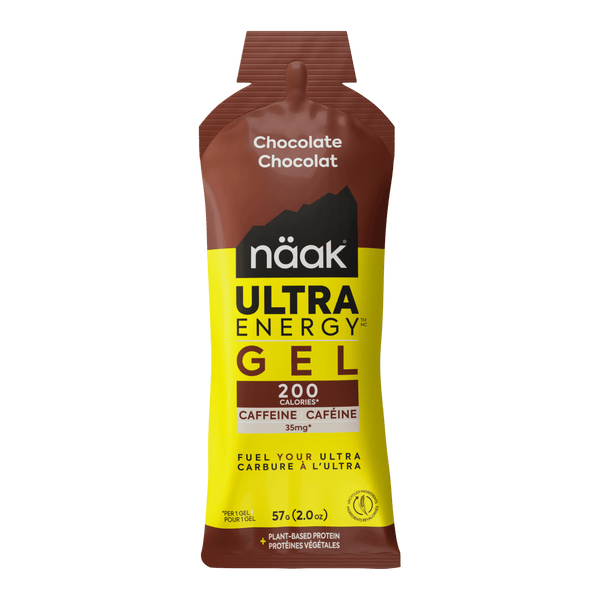
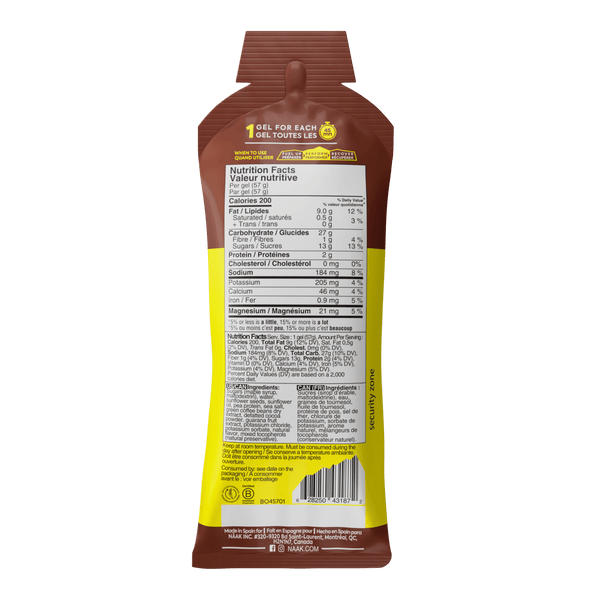
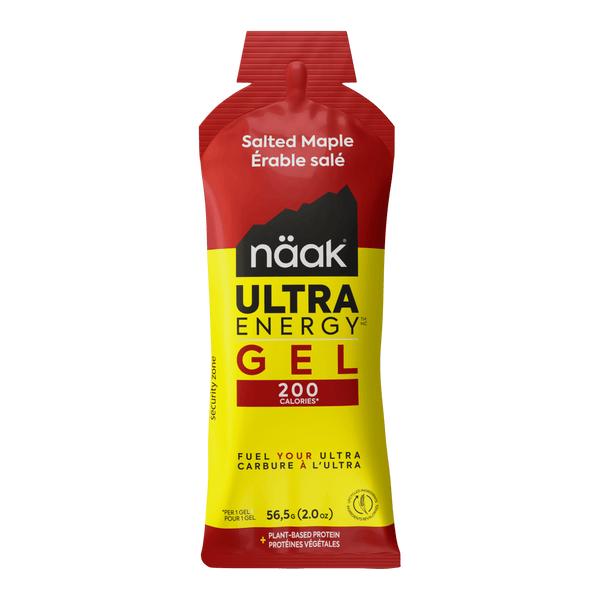
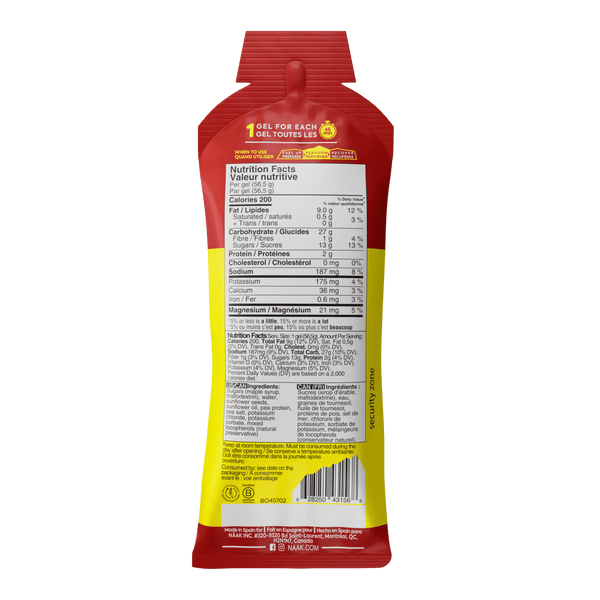
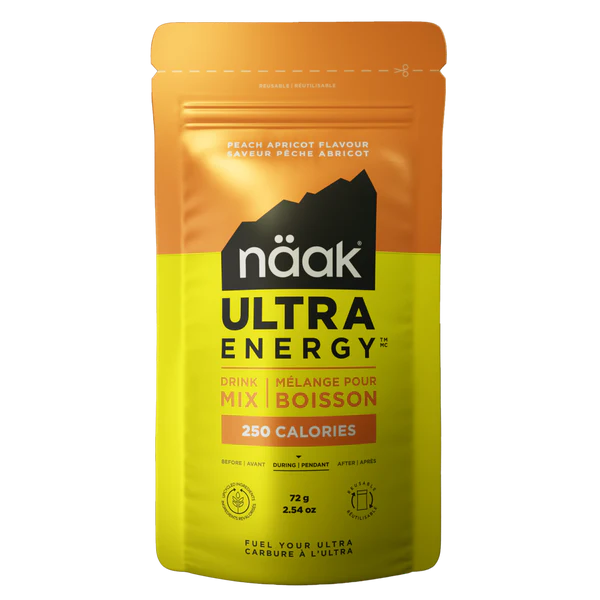
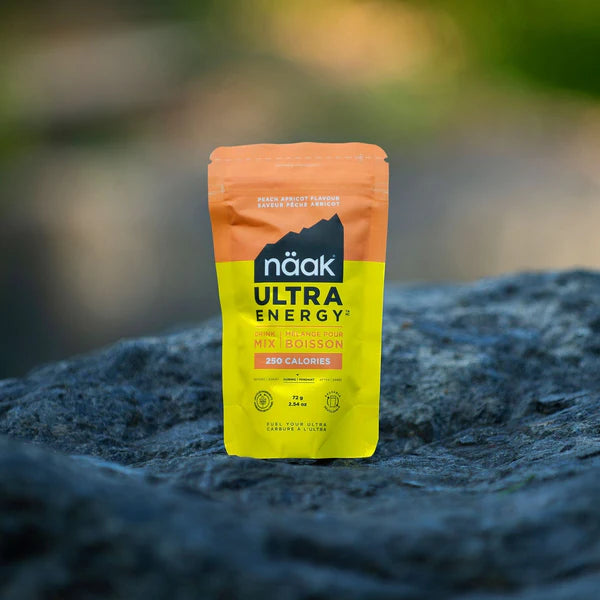


Leave a comment (all fields required)